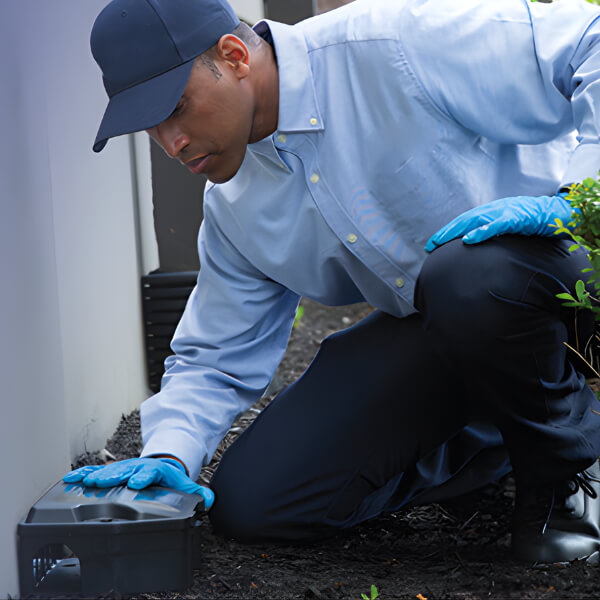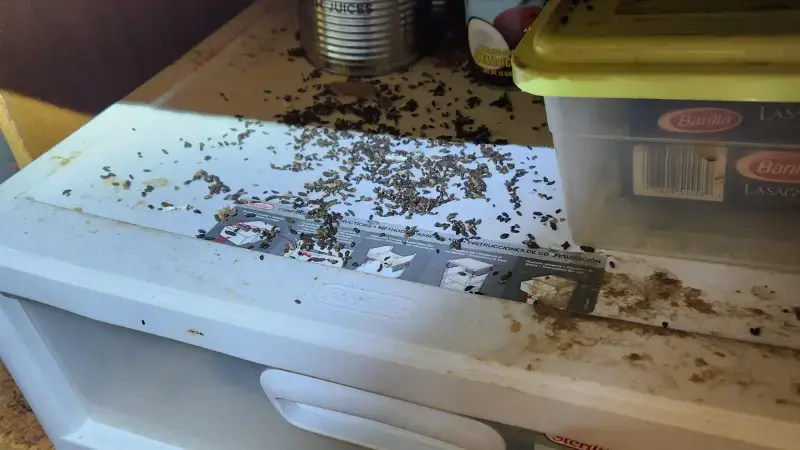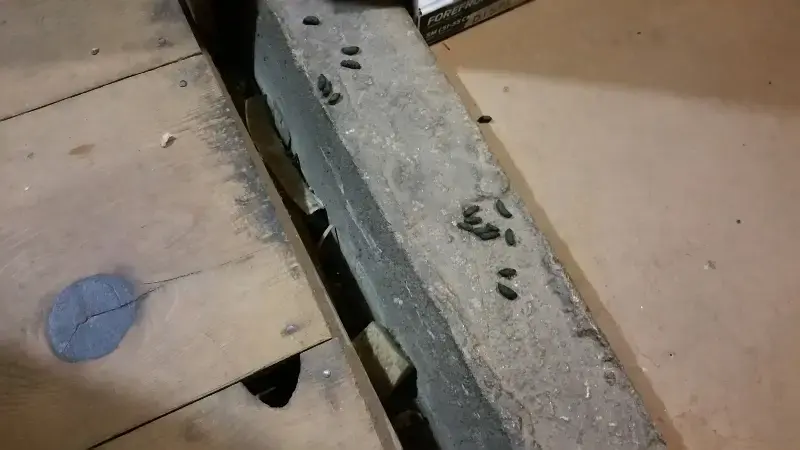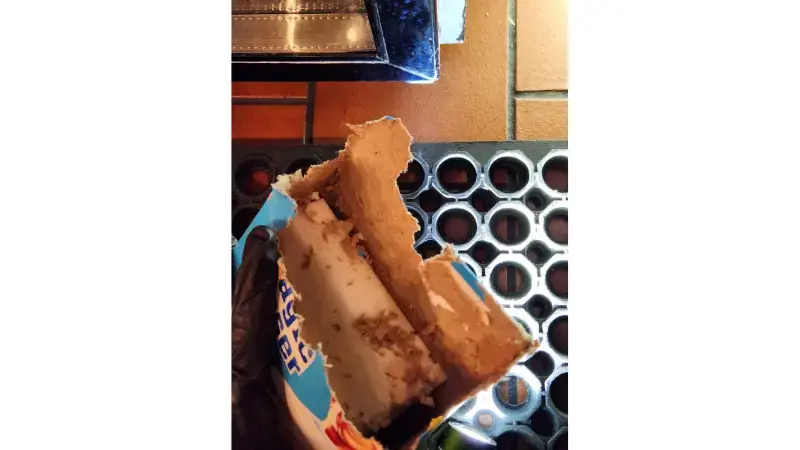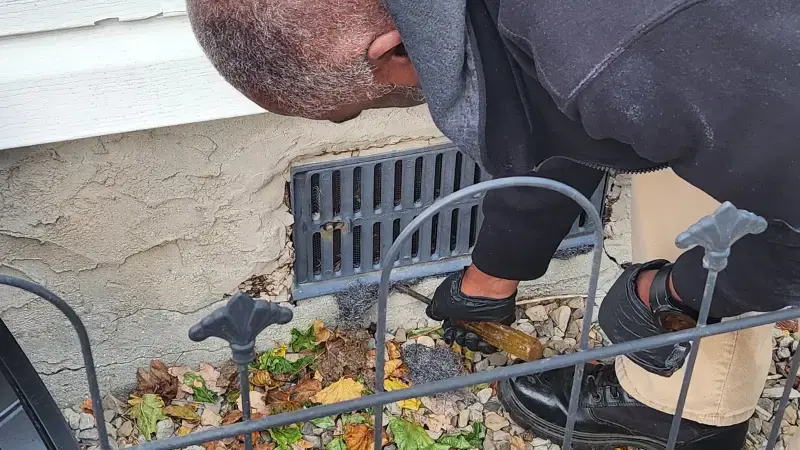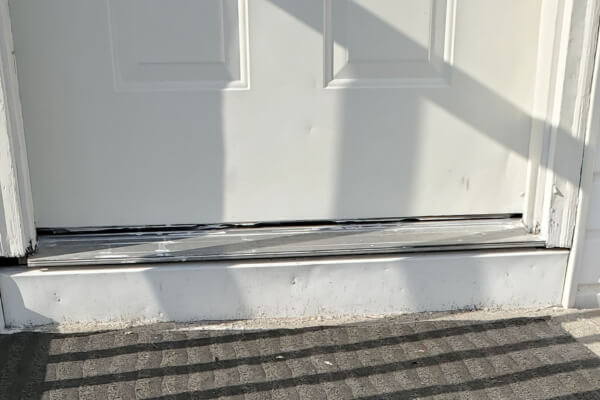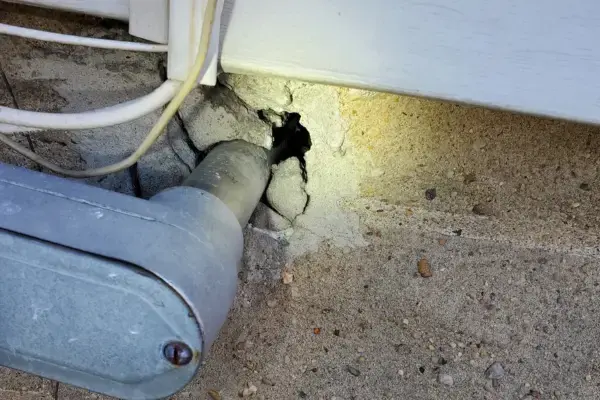Is Your Property Infested with Rodents?
Servicing Nassau County | Western Suffolk County | Queens
Do you hear scratching in the walls or see signs of mice or rats? Don't wait. Rodents aren't just annoying; they are a threat to your home’s safety and your family’s health. At EM Pest Control, we don't just set traps and leave. We provide complete Integrated Pest Management (IPM) solutions that remove the current infestation and seal your home to prevent them from ever coming back. Say goodbye to rodents and hello to peace of mind!

